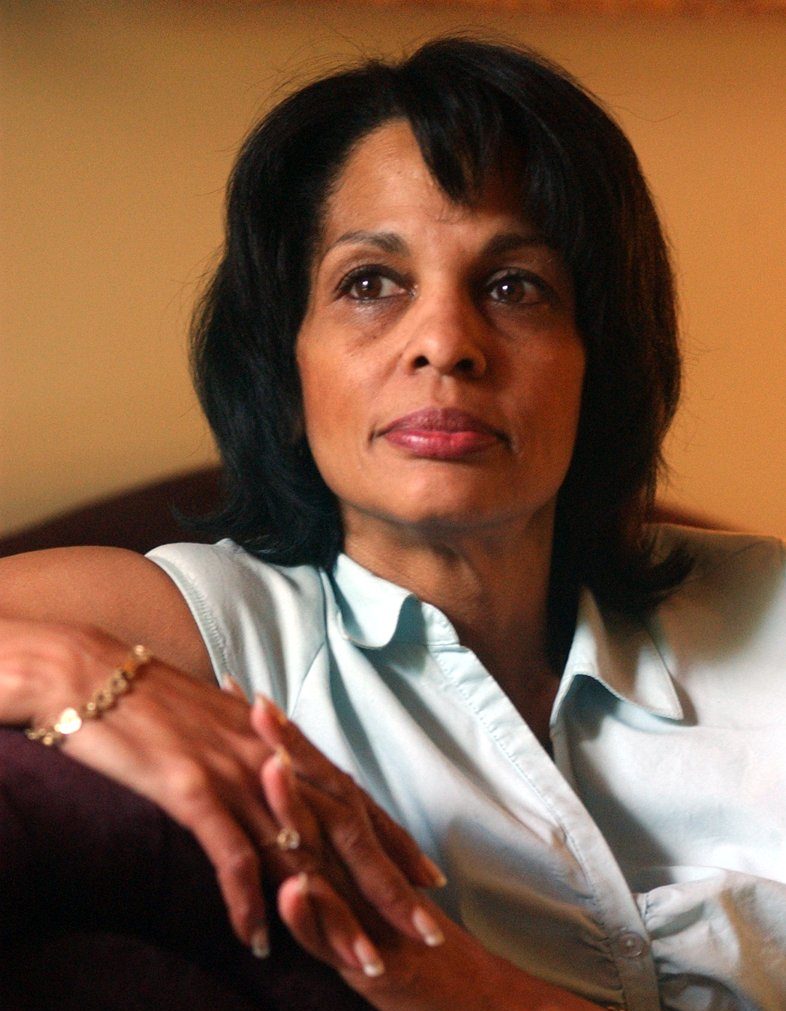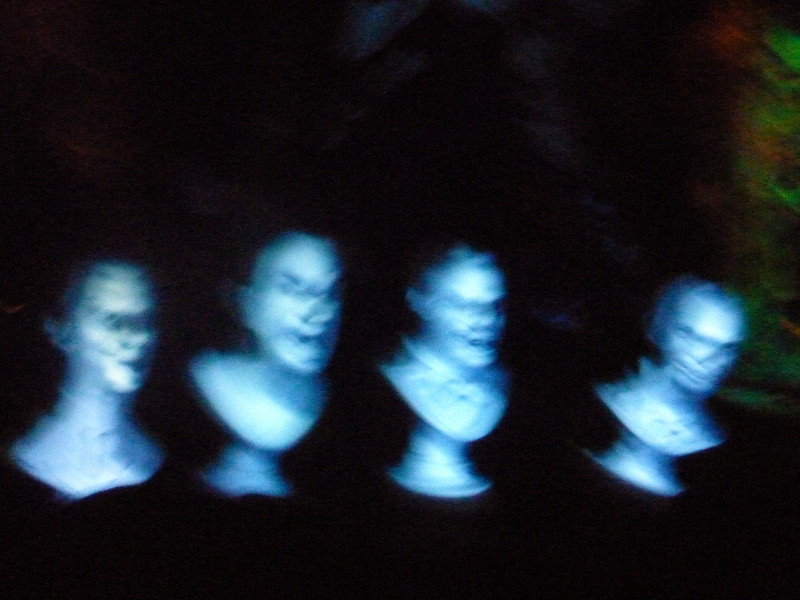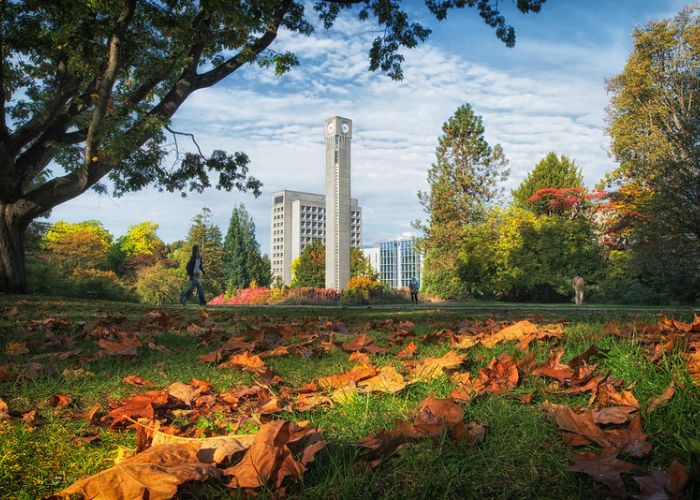

The Department of Central, Eastern and Northern European Studies (CENES) is thrilled to welcome Dr. Rosemarie Peña as an Adjunct Professor. Dr. Peña’s research explores displaced childhoods with a special focus on the historical and contemporary intersections of transnational adoption and child migration. Her 2020 dissertation, The Rekinning: Portraying Postwar Black German Transnational Adoption, is a discourse analysis of two historical documentary films.
Read the Q&A below to learn more about our new colleague!
CENES: What excites you about being at UBC, and in CENES?
RP: UBC’s commitment to nurturing transformative research that bridges local and global communities, as outlined in its Strategic Plan, is a compelling vision for me. CENES provides an incomparable intellectual community. It is a special privilege for me to be able to learn and grow with scholars with whom I already enjoy collaborating in other German academic spaces. I’m eager to meet my new German Studies colleagues and also those whose work extends beyond Germany.
CENES: What are your goals for future work in Canada?
RP: Black German Studies, Adoption Studies, and Digital Humanities are rapidly advancing fields in the United States. For more than a decade, in my role as president of the Black German Heritage and Research Association (BGHRA), I have engaged with and supported these emerging disciplines by hosting online forums, scholarly events, meetups and conferences. I’ve especially enjoyed mentoring students and guest lecturing in classrooms. My position at UBC will allow me to extend the scope of the BGHRA’s existing initiatives beyond the confines and purview of the US and Germany. Through collaborations with Canadian scholars, I aspire to found a scholarly journal and a virtual archive documenting and studying Black German life and history.
CENES: What would you like us to know about your approach to research and teaching?
RP: As my work primarily involves vulnerable, historically oppressed populations, I always reflect first on how the subject group will benefit from my scholarly intervention. BGHRA’s unique conferences exemplify a commitment to honoring the voices of community members as experts of their own individual and shared experiences. We highlight Black German artists and performers and invite non-academics to share their life stories on panels that flank the traditional academic presentations, facilitating multilayered discourses. I especially enjoy engaging with students in discussions about memoirs, filmic representations, performance, and visual culture.
CENES: Your PhD is in Childhood Studies—what would you like people to know about that field and your experience with it?
RP: Adoption is a complex phenomenon rooted in trauma with lifelong impacts for the adoptee, their bifurcated family constellations, and their progeny. Ideas about childhood and kinship fluctuate over time and vary by culture and context. My interest in Black & BIPOC adoption is informed and impassioned by my personal adoption journey, my early career in child and family services and, importantly, by my decades of service as an adoptee and children’s rights advocate. My interdisciplinary Childhood Studies background allows me to think critically about disrupted and displaced childhoods through multiple theoretical lenses.
CENES: What are some of your big-picture goals in the next five years, and what role (if any) will UBC / Vancouver / Canada play in them?
RP: It has always been my dream to have a physical space in order to house the BGHRA library and archive; one that will allow us to host exhibitions, seminars and other academic and cultural events. Hopefully, the work that I and my international team of expert collaborators aim to achieve in the virtual realm over the next two years will be an enormous first step towards realizing this goal. BGHRA North America at UBC Vancouver sounds amazing to me.


